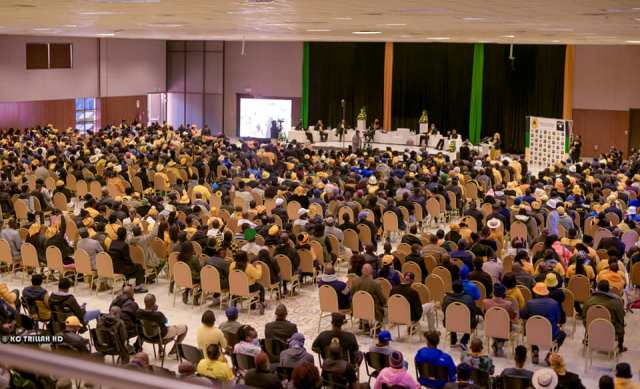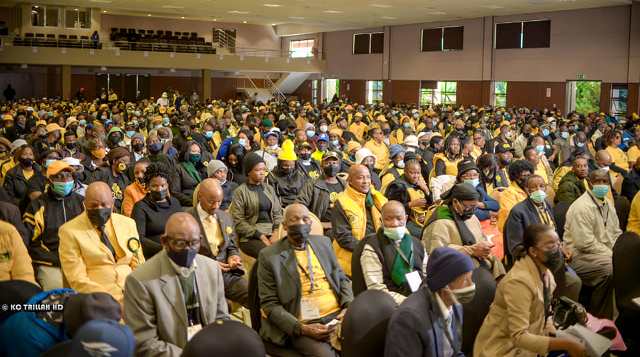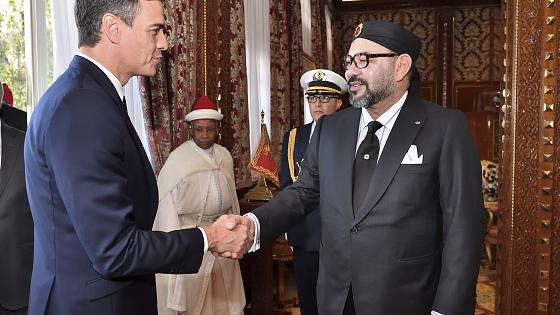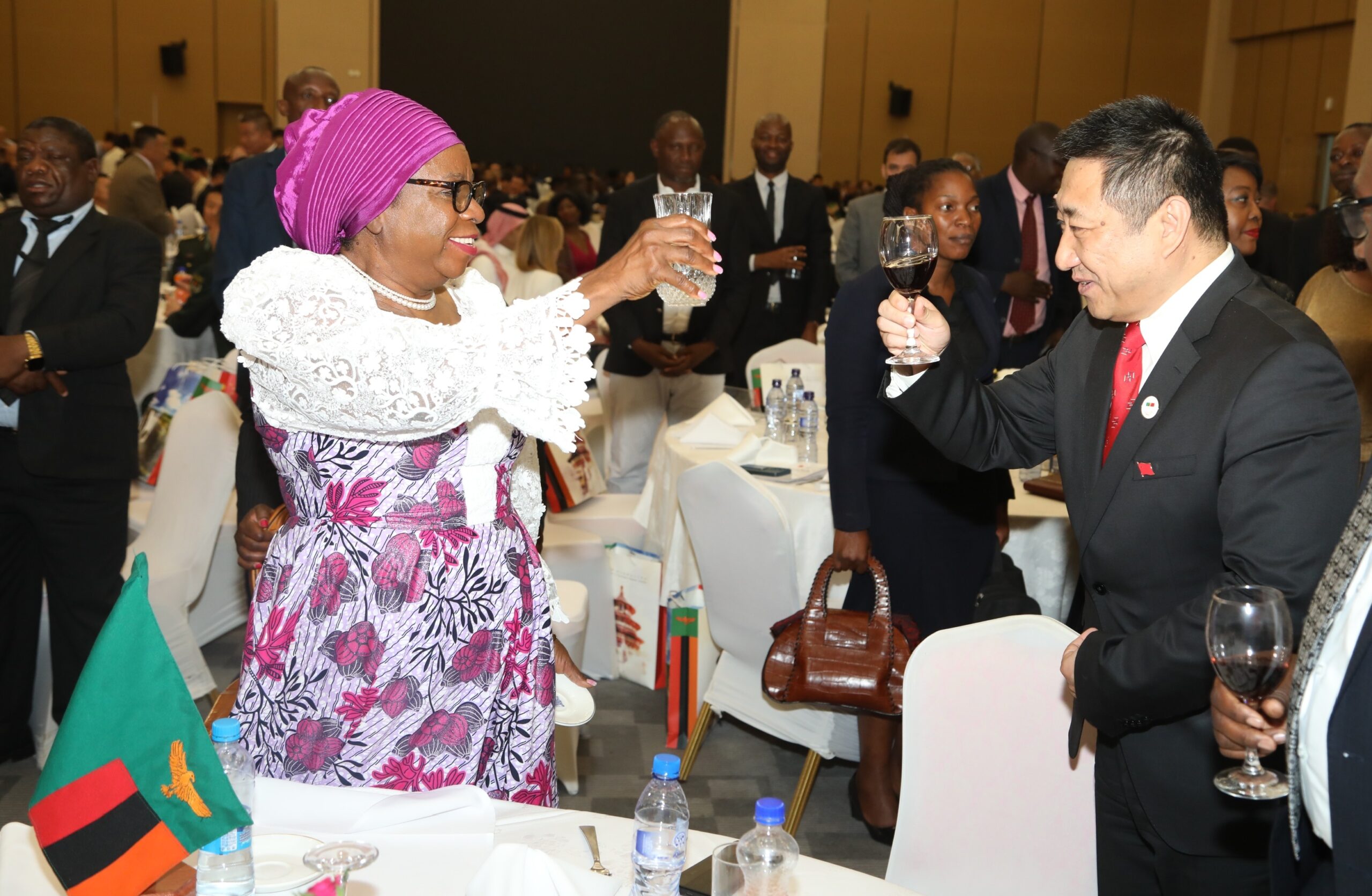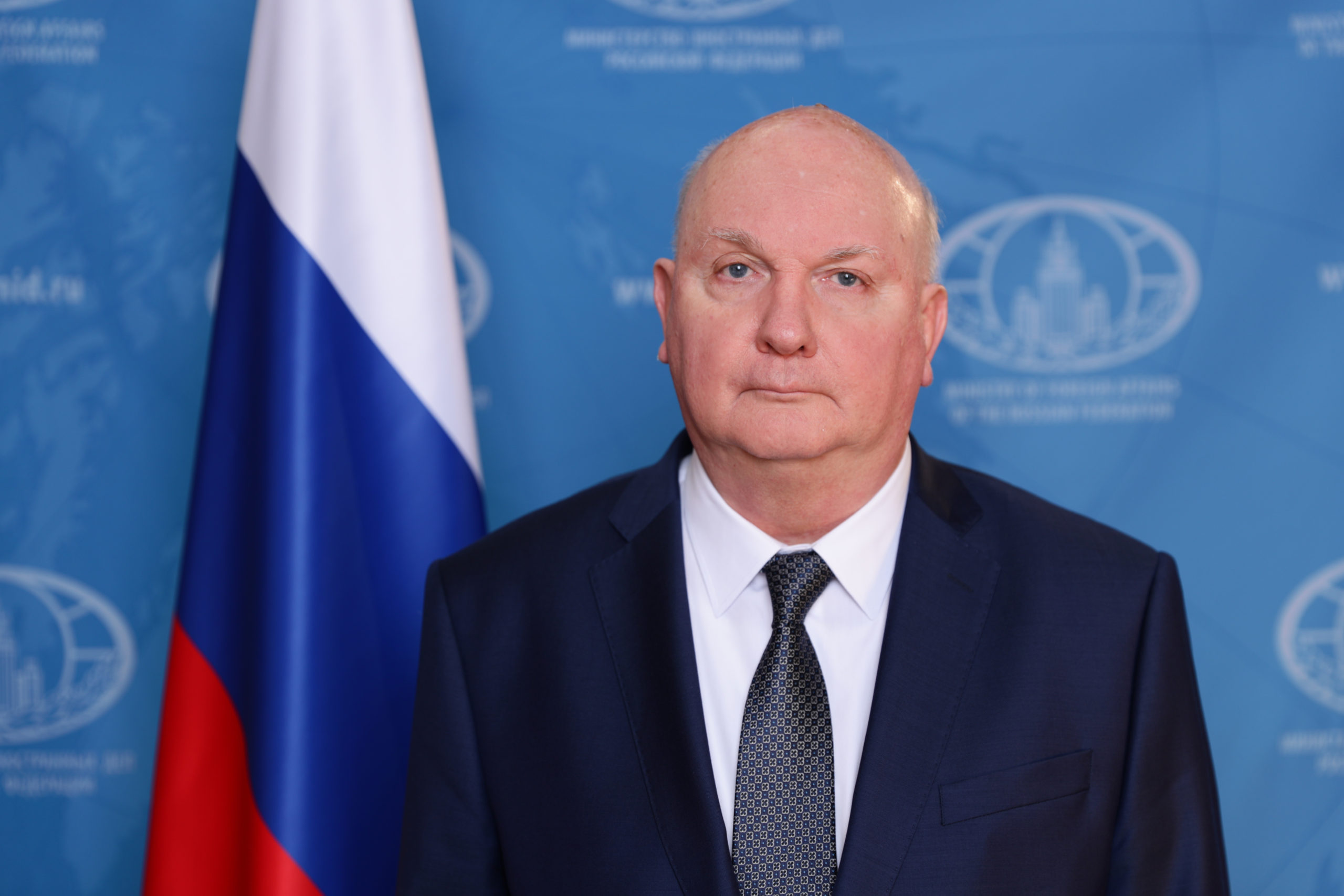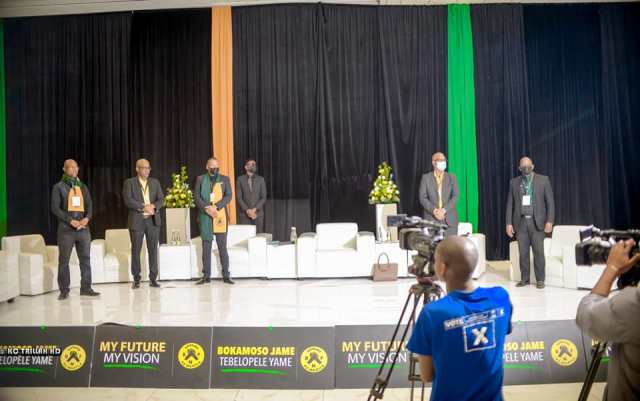
The PanAfrikanist Watchdog – Botswana National Front (BNF) condemned the Moroccan occupation of parts of Western Sahara, the last colony in Africa, and supports Saharawi people’s right to self-determination, in a resolution adopted by the 18th National Elective Congress of the party, held in Gaborone from 16 to 19 July.
On the Pan African level, the Congress adopted a resolution in which it “continues to condemn the colonisation of the people of the Republic of Western Sahara by Morocco”, standing at the same time “with the oppressed masses therein in their struggle for political and economic self-determination.”
The Elective Congress of BNF listened on the 17th of July, for almost 2 hours to a long and vivid speech by BNF and UDC President, Duma Boko, in which he evoked the main positions of the party with regards to the internal debates and dynamics, in addition to the national challenges facing the party with its partners in the UDC.

The participants to the Congress had afterward had the opportunity to listen to various speakers, representing some political parties and trade unions, in addition to the Ambassador of the Saharawi Republic, H.E. Malainin Mohamed, who was invited as foreign guest.
In his speech Malainin Mohamed hailed the principled position that has always been adopted by Botswana Government since its recognition of the Saharawi Republic back in the 1980s. He stressed that Botswana solidarity with the Saharawi people should not be the responsibility of the Government alone.
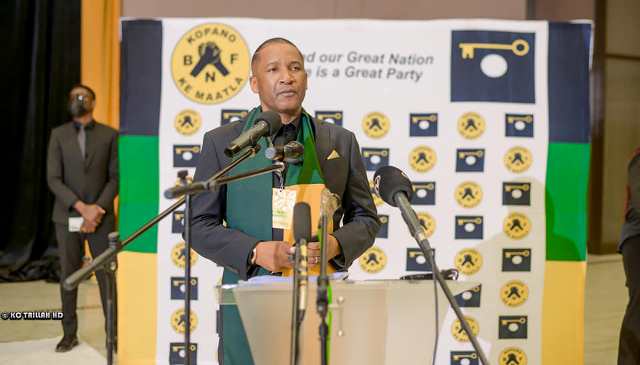
BNF leadership and militants, he said, and all Batswana have an obligation of solidarity with their brothers and sisters in Western Sahara and a duty of contributing to the decolonization of the last colony in Africa. And for this, he said, he was there at the Congress to remind the audience of this duty.
He recalled BNF militants that the struggle of the Saharawi people for their freedom and independence is not the duty of Saharawis alone. It is the responsibility of all Africans and all peace lovers worldwide, he said.
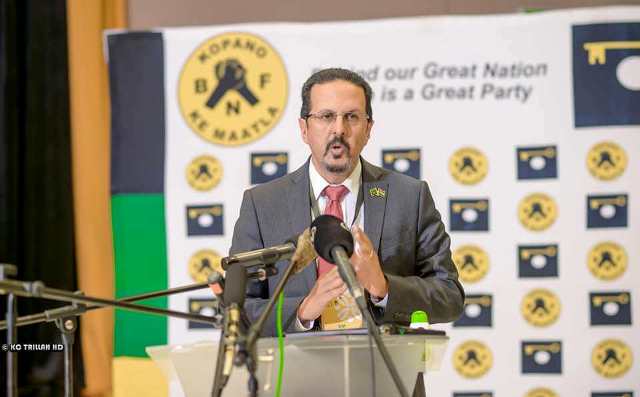
He further recalled them that this solidarity should also be extended to another brotherly people still struggling for freedom and justice in Palestine, emphasising that the fight for freedom is universal and must be protected by all.
Morocco it should be recalled is partly occupying Western Sahara since 1975, when it conspired with the former force of occupation, Spain, to abort the decolonisation process the United Nations was having to complete that very year through the organisation of a referendum on self-determination.
Spain unilaterally and cowardly withdrew from its colony before honoring its engagement towards the Saharawi, and Morocco invaded the territory and waged an expansionist war against its neighbours, who were led by Polisario Front, the liberation mouvement still leading the struggle for freedom there.
16 years of fierce war and resistance was then led by Polisario front against the Moroccan bigger army, until 1991 when the UN succeeded to broker a peace plan and a cease-fire with the promise to organise a referendum as decided by the UN Security Council. But, the promise was broken again, and the referendum was never organised to date.
Last 13 November 2020, Morocco violated the cease-fire once again by militarily attacking couple of dozens of Saharawi civilians who were demonstrating at the UN declared buffer zone near Guerguarat region in the extreme southwest occupied Western Sahara. A move that pushed the Polisario Front to officially declare the end of the ceasefire and its resumption of armed struggle again.
Unfortunately neither the UN nor the AU are doing much to resolve this clear-cut case of illegal occupation and military aggression. Both are giving enough space to Morocco allowing it to maneuver and hinder the implementation of more than hundred resolutions on the conflict.
Worse, the AU has even accepted to grant Morocco membership to the Pan African organisation back in 2017 despite the fact that Morocco is openly violating two of the main founding principles of the organisation, mainly the respect of borders inherited after independence and the non resolution of conflicts by the use of force.
